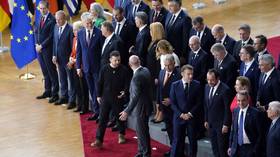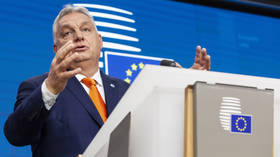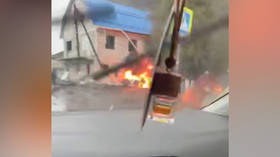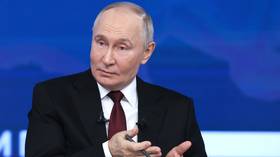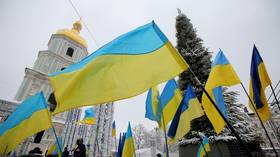ISIS: Fully functioning state or band of ruthless thugs?
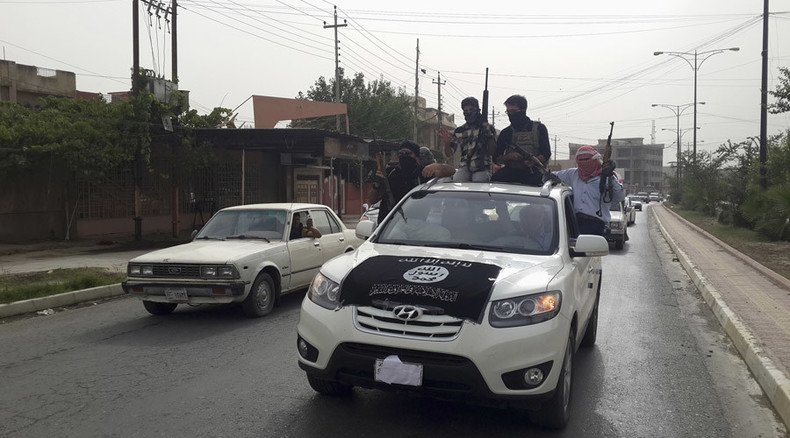
Evidence seems to support the claim by Islamic State that the group is a fully functioning state and not just an armed group, says Mara Revkin who is a PhD student in Political Science at Yale University.
RT: Islamic State militants have reportedly executed 120 people in the Iraqi city of Mosul. Some of the victims are said to have been held hostage for months. Despite major efforts to tackle them Islamic State (IS, formerly ISIS/ISIL) is still expanding. Can it be stopped?
Mara Revkin: The extent to which IS continues to expand and control new territory depends not so much on the actions of external actors like the Coalition, but primarily on IS success in winning support and cooperation from civilians in the areas it’s already controlling and governing. So for example if IS really starts to alienate civilian populations and they become less willing to pay taxes or lend material support in other ways, IS is going to be facing a lot of resistance in the areas it already controls and therefore less likely to be able to expand effectively.
READ MORE: ISIS leader approves beheading of woman for wedding present – report
RT: IS produce IDs for people who join up, it even mints its own currency, and there's a bureaucracy - are these purely symbolic - or are they a sign of a real fledgling state?
MR: I think it’s both. These processes definitely have real propaganda value and there are concrete evidence supporting IS claims to be a fully functioning state and not just an armed group. However, things like issuing IDs really do contribute to IS state building project in concrete material ways. Issuing an ID is something all moderate states do as a way to keep track of their population in order to collect taxes and these sorts of things. So having ID cards and documentation definitely makes it easier for IS to collect taxes and also identify potential fighters and other skilled professionals like doctors whom it needs to staff its bureaucracy. I think it’s definitely twofold. These kinds of bureaucratic practices serve a propaganda function but they also have a real functional purpose.
RT: Witnesses testify that IS has restored order in captured territories. Could this kind of transition be a sign for the US-led coalition to rethink its strategy in the region? What about the civilians? For many any law and order is better than none.
MR: Definitely more attention needs to be given to the role of civilian support in IS control and success in governance. One thing I’ve repeatedly heard from Syrian refugees is that IS moves very quickly to restore basic services and provide compensation to civilians whose property has been damaged in Coalition airstrikes. There is definitely widespread perception in contested areas of Syria - northern Syria particularly - that coalition airstrikes are doing more damage to civilians than they are to IS targets. I’ve been told by several Syrians as well that IS recruitment spikes after these airstrikes because IS uses it as an opportunity to distribute services, correct things like power outages and restore basic infrastructure and civilians are on their side in that way. I definitely think IS places a high priority in meeting the needs of civilians in contested areas.
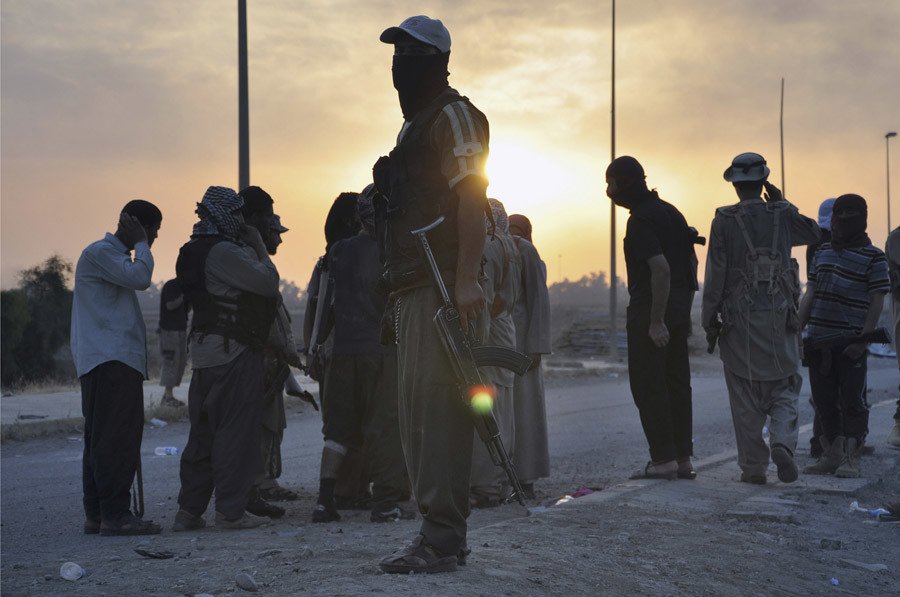
RT: Did the West close its eyes to the rise of ISIL, or did it simply underestimate its influence?
MR: I do think the rise of IS has been spectacularly rapid and that’s been part of the difficulty of Western governments in keeping pace with its activities. But I do think Western policy toward IS needs to be understood in the context of the many other foreign policies and domestic challenges those countries have been dealing with. Attention to foreign policy dilemmas is zero-sum and it’s been difficult particularly for the US to prioritize to respond quickly to challenges in Iraq and Syria because of the pace of IS expansion and the other various foreign policies and domestic challenges that have been on the agenda.
‘Bureaucratic apparatus essential for ISIS’
Andrew March, associate professor of political science at Yale University, suggests that ISIS is a group absolutely committed to developing a state and expanding it, and that the bureaucratic apparatus and organization are essential to its long-term ideological mission and to its short-term strategy of governance.
RT: IS has all the attributes of an actual state: IDs for people in occupied areas, its own currency, the trappings of bureaucracy. Is it really so well developed or is this all just symbolic?
AM: I think it’s somewhere in between being fully developed. This is a group that is absolutely committed to developing a state and to expanding their state. This is definitely not merely symbolic but it’s a state both in development and it’s also a state that is on a continuous war time footing. They are fighting a war on multiple fronts. They are also trying to engage in massive kinds of social transformation internally. So the bureaucratic apparatus and the bureaucratic organization are absolutely essential both to their long-term ideological mission and to their short-term strategy of governance.
READ MORE: Turkey attacks Kurdish militia & ISIS positions – PM's office
RT: Why did Western countries - heavily involved in regional affairs - let it develop to such an extent?
AM: You’d have to ask somebody that’s more privy to the intelligence that various countries from the US to Russia had during these times. I have no idea what people that were involved in that kind of intelligence gathering actually knew, but we do know that they were on the ground participating in both the Iraqi and the Syrian civil wars for a very long time. I think it’s probably true that they didn’t see the massive campaign of 2013 and 2014 coming, but I can’t explain that for you.
RT: Did the West miss the rise of IS or did they turn a blind eye?
AM: I don’t think they turned a blind eye at all, the last thing that the West has done with regard to Iraq and Syria is turned a blind eye. They have been heavily involved in both countries at least for the past 12-13 years. Of course during the first few years of the Syrian civil war there were many groups that were going on. There had been the surge in Iraq in the mid-2000s, followed by the Maliki government and so perhaps there was a sense that the organization that came out of [Abu Musab, Islamic militant] Zarqawi during the war in the mid-2000s had been vanquished. But of course various intelligence organizations and diplomatic efforts were obsessed with the rise of various kinds of Islamists and Salafi-Jihadi groups in Syria after the civil war there.
The statements, views and opinions expressed in this column are solely those of the author and do not necessarily represent those of RT.
LISTEN MORE:
The statements, views and opinions expressed in this column are solely those of the author and do not necessarily represent those of RT.



